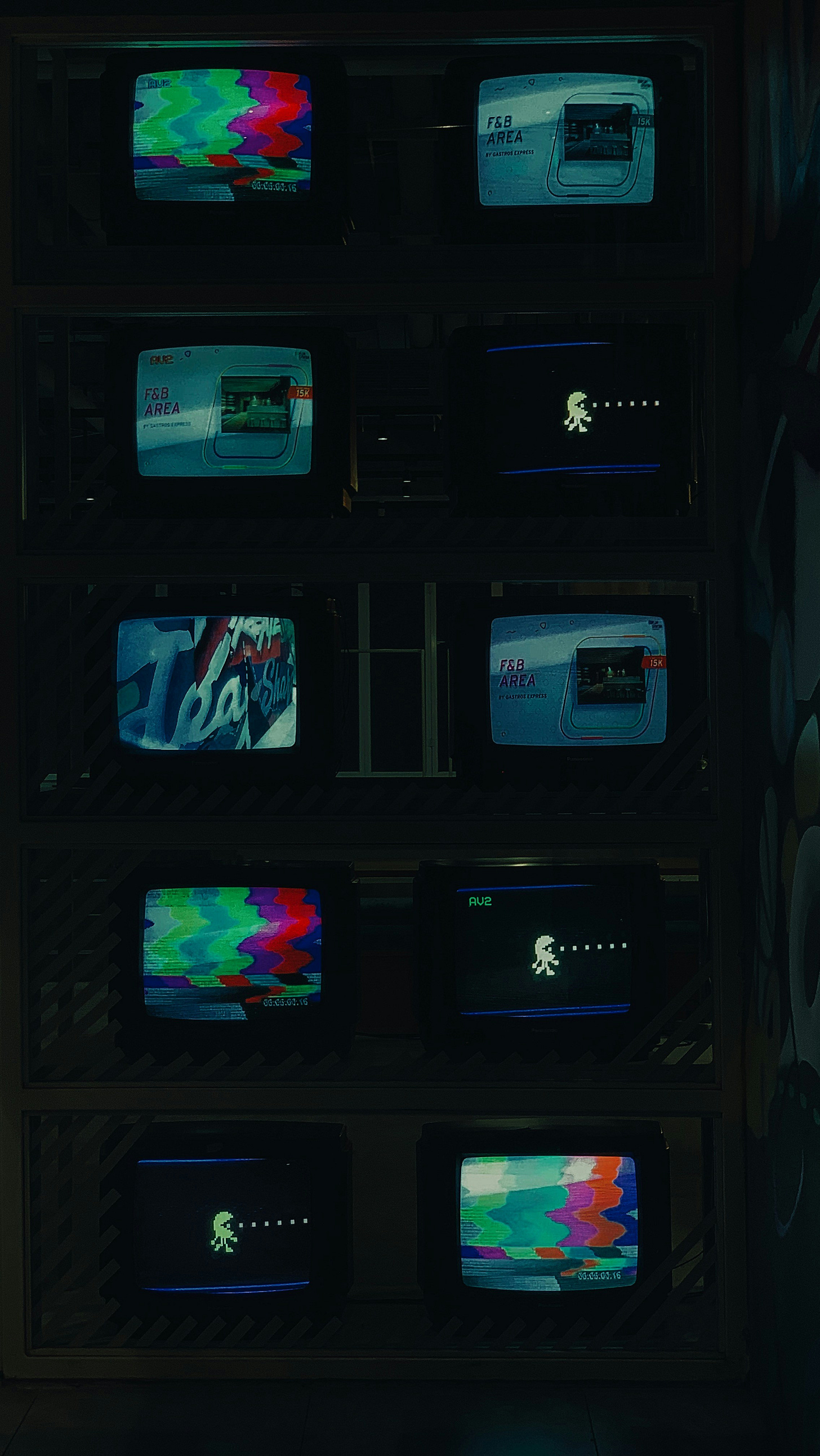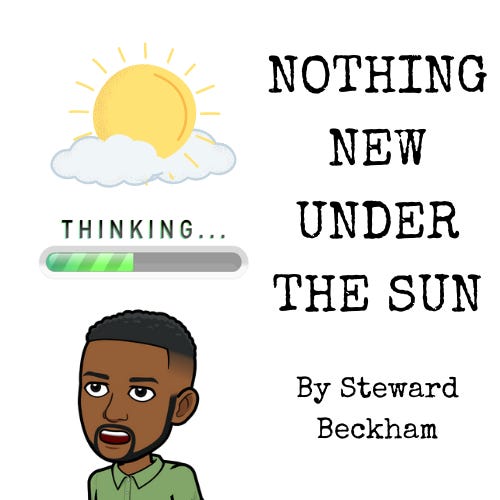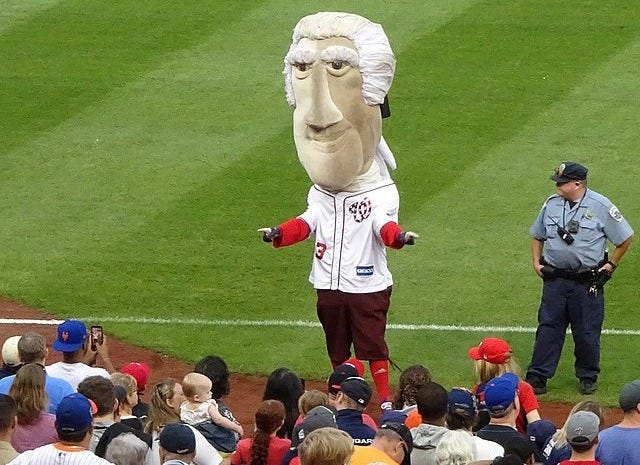Programming Note: This piece has been lightly revised for clarity and flow since last night's publication. Thanks for understanding.

Storytellers
We live in an age of highly curated performances beamed into our homes—emblemizing everything from high-budget fantasy blockbusters to international pageants where wars are ended and popes are elected. The unsettling part isn't just the performance itself—it’s the performance as reality. Television has both expanded our view of the world and blurred, if not eviscerated, the line between the real and the imagined.
Storytelling has always wrestled with the problem of unreliable narrators. As far back as Ancient Greece, Herodotus earned the titles “The Father of History” and “The Father of Lies.” Narratives serve a purpose—whether to persuade, to emote, to activate. Sometimes all three. But what happens when life itself can be shaped—manipulated—through a prism controlled by the storytellers?
The truth of our telegenic age is this: we react not to depth, but to visuals. And in a world drowning in information, literacy hasn’t kept up. As a result, we rely heavily on the surface—image over investigation, performance over process. A trained imagination fades. A discerning eye goes dull.
This week’s thoughtstream explores how television grew up alongside America’s Baby Boom Generation—and shaped them. What does it mean to live in a world where entire realities are built from carefully edited performances? Is it a world where our most lauded storytellers are forced to tell their truths in fragments? Where storytellers are forced to debate to excite rather than inform?
Television, like many dazzling innovations, was celebrated before anyone considered its overwhelming power. And now, in its shadow, we see the excesses.
The scariest part? Technology has evolved past the TV set. Today, a single person can create an AI video using someone else’s face and voice and spread it as truth. In this new information war, too many people cannot meaningfully process what they consume. And that makes them vulnerable.
Politics as Sportscenter: How Unserious Approaches to American Politics Harm Marginalized Citizens
Unsurprisingly, American politics is increasingly viewed as a televised sporting event rather than a vital democratic activity. Television’s growing influence has led to an immense obsession with instant information and instant gratification …
Presidents
The American presidency has always lived in ambiguity—by design. The Constitution left murky corners that allow each generation to interpret the powers of the executive anew. It’s a role born of 18th-century revolutionaries who could never have imagined the imperial scope or broadcast reach their creation would one day assume.
From the beginning, presidents harnessed media. In the early republic, party-aligned newspapers sparred with vitriol, painting their chosen candidates as the nation’s savior and their opponent as ruin. The presidency was always a figurehead in that rhetorical—and sometimes literal—war.
Selling Democracy to the Masses (Empire of Liberty #7)
Reader Note: Starting this month, two of my four monthly Monday posts will be available exclusively for paid subscribers. These pieces will be deeply researched and centered on challenging my own priors, with the goal of normalizing intellectual growth, curiosity, and the ongoing work of identifying our blind spots. This space is about engaging with com…
Presidents sold themselves as rugged, uncompromising, intelligent stewards of a fragile dream. Their stories were etched through printing presses, whispers, and editorials. But with the rise of television, the sale became a performance. And the performance began to rewrite the reality.
Imagine growing up with only three channels. At night, the screen simply went dark. But as you grew—elementary to high school to college—the president became someone you could see: debating under bright lights, delivering speeches from the Oval Office, calling on young bodies to be sacrificed in a war cloaked in patriotic urgency.
Soon enough, you saw him on a sketch comedy show, and then on the tarmac of a foreign land shaking hands in the name of peace. The diplomatic theater became familiar. Landscapes you’d never stepped foot on flashed across your screen, occupied by giants discussing global fate.
Later, you saw the president evolve into a fully telegenic performer—charming, commanding, emotive. His flaws were sanded down by carefully worded campaigns. The glow of the screen could make even the most questionable governance feel like a return to Mayberry.
Eventually, you watched candidates rise because they were relatable. Because they jammed on a saxophone. Because they were trailblazers. Because they looked and sounded like comfort. But underneath it all, the executive branch kept growing, often unchecked—fueled by fear, militarization, and the myth of stability. Marketing outpaced policy. Spectacle replaced substance.
Television has only been with us for a sliver of human history. And yet, for the first time, entire generations have been raised entirely within its glow.










